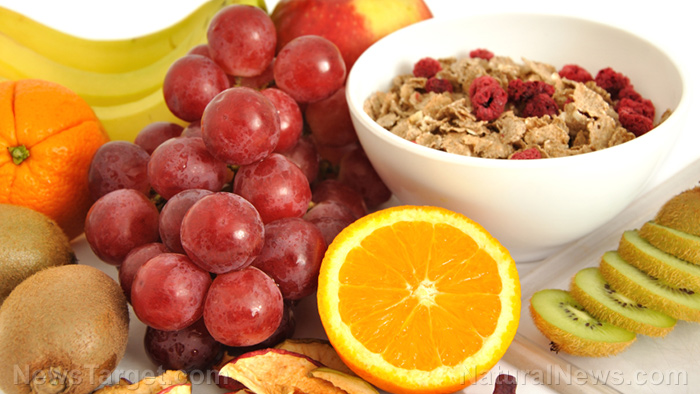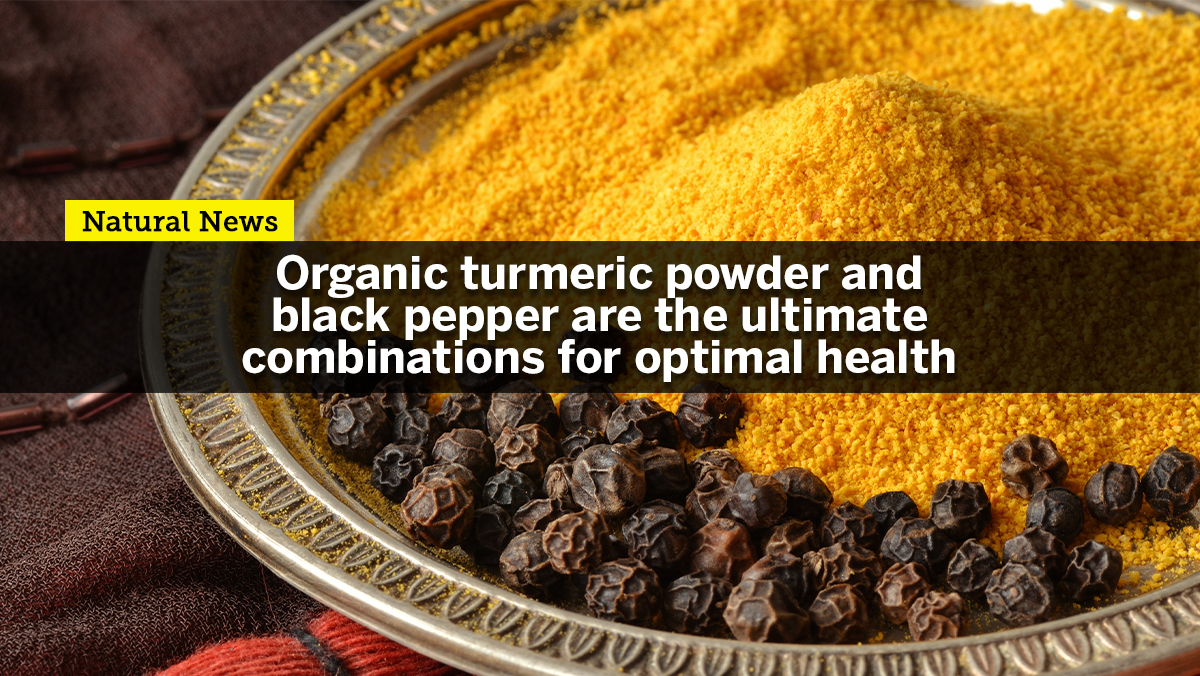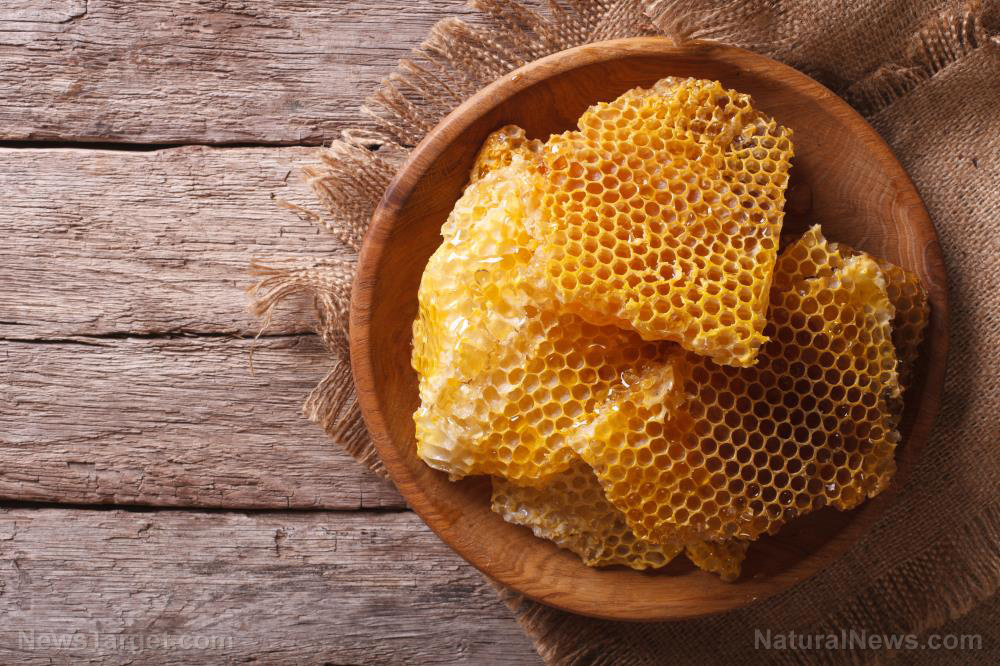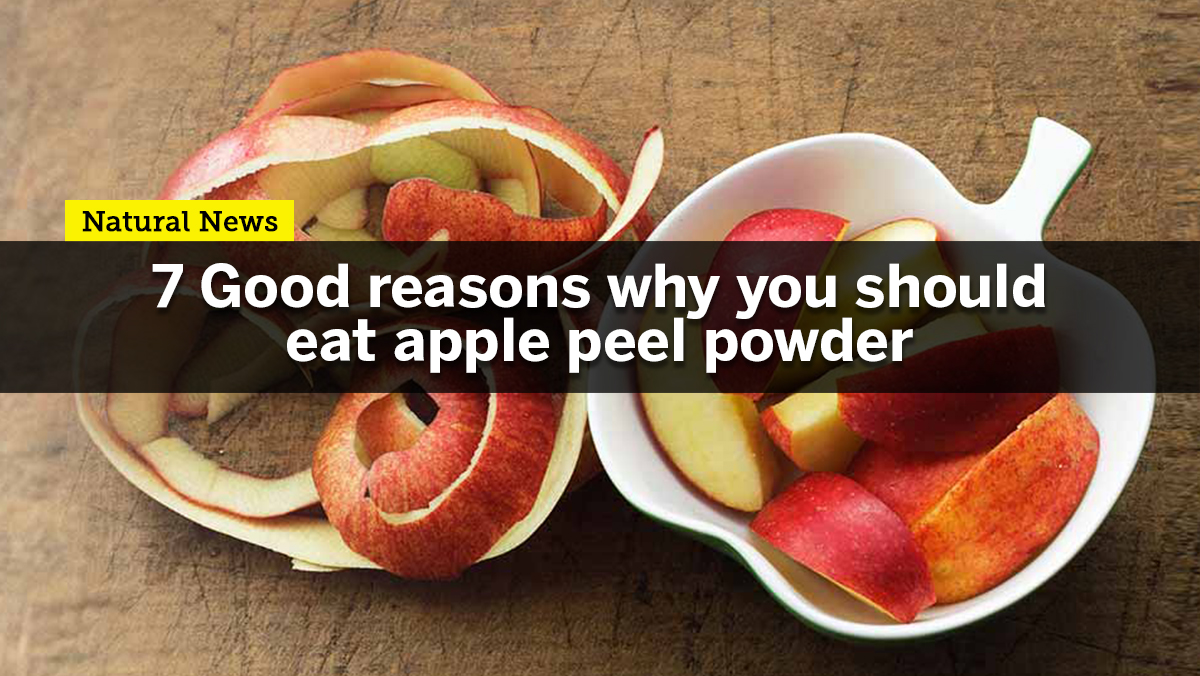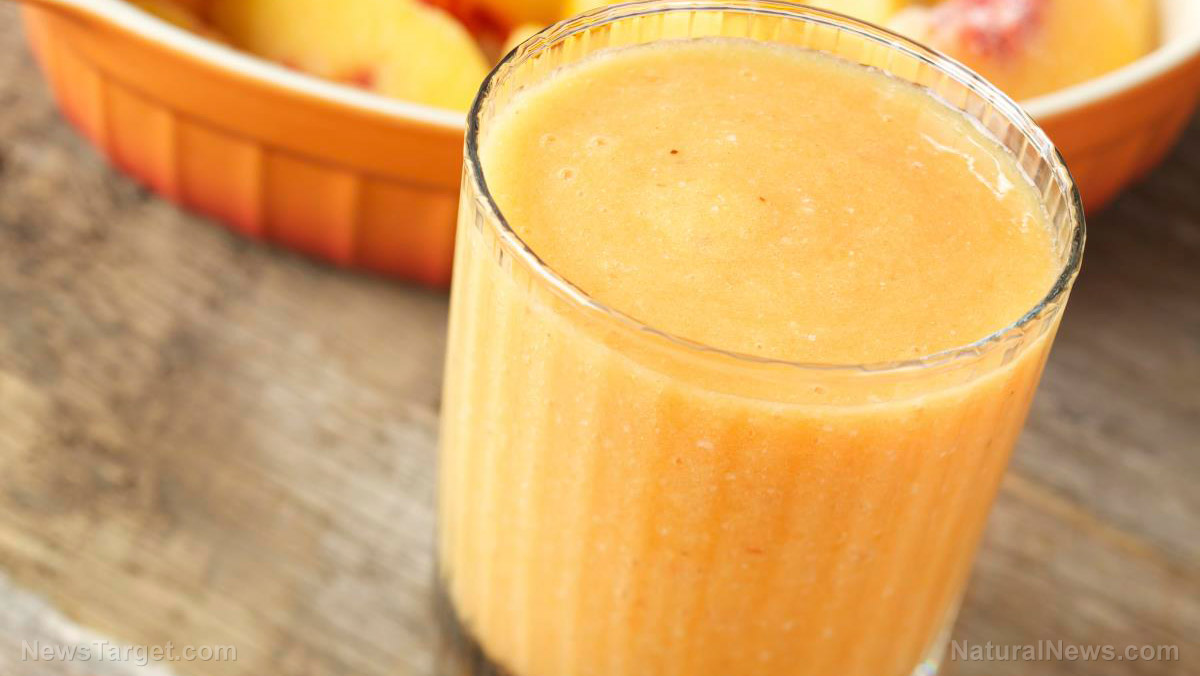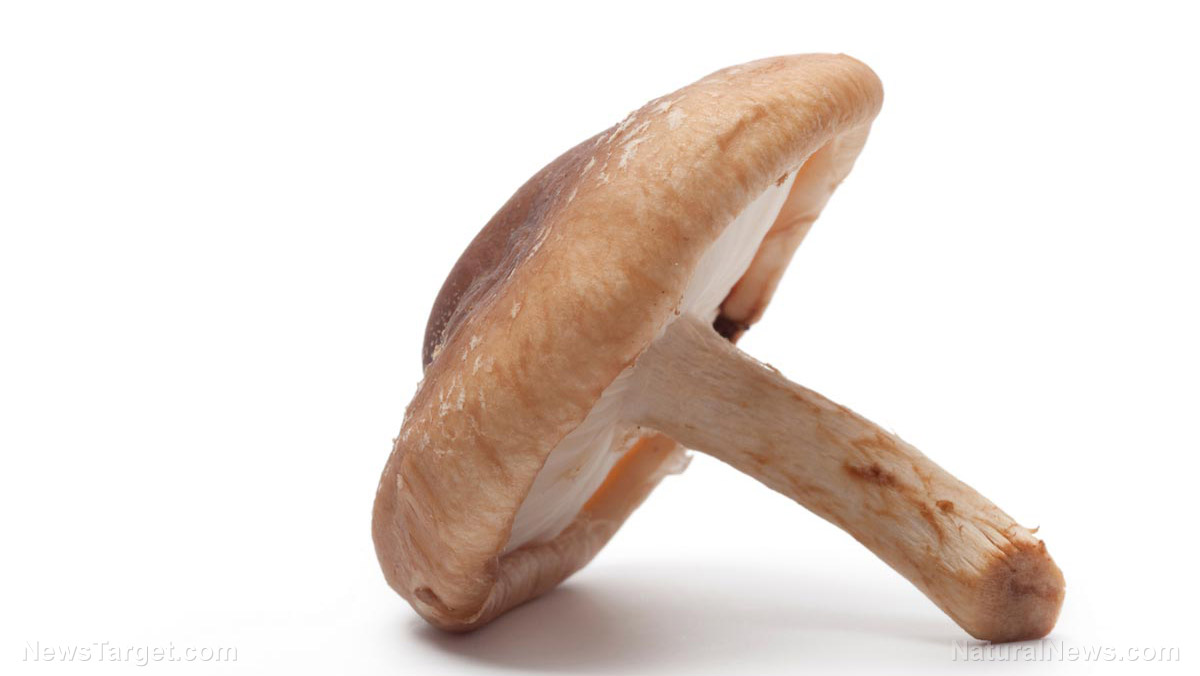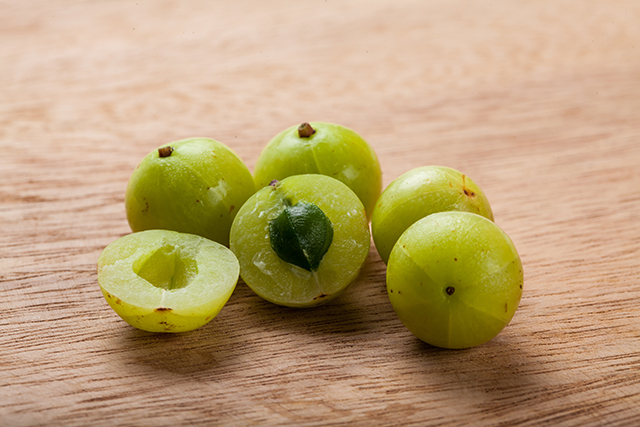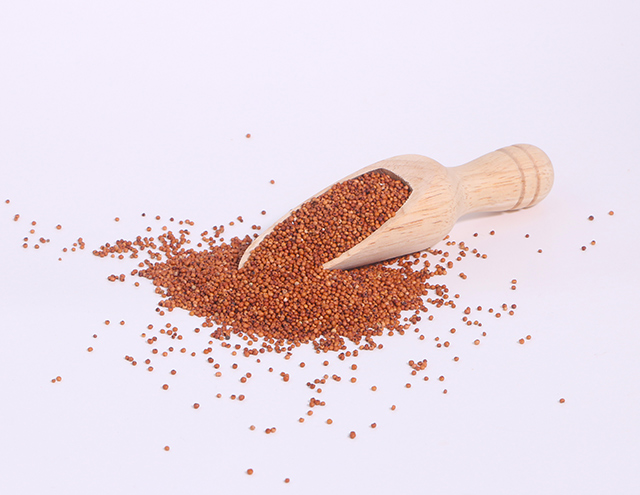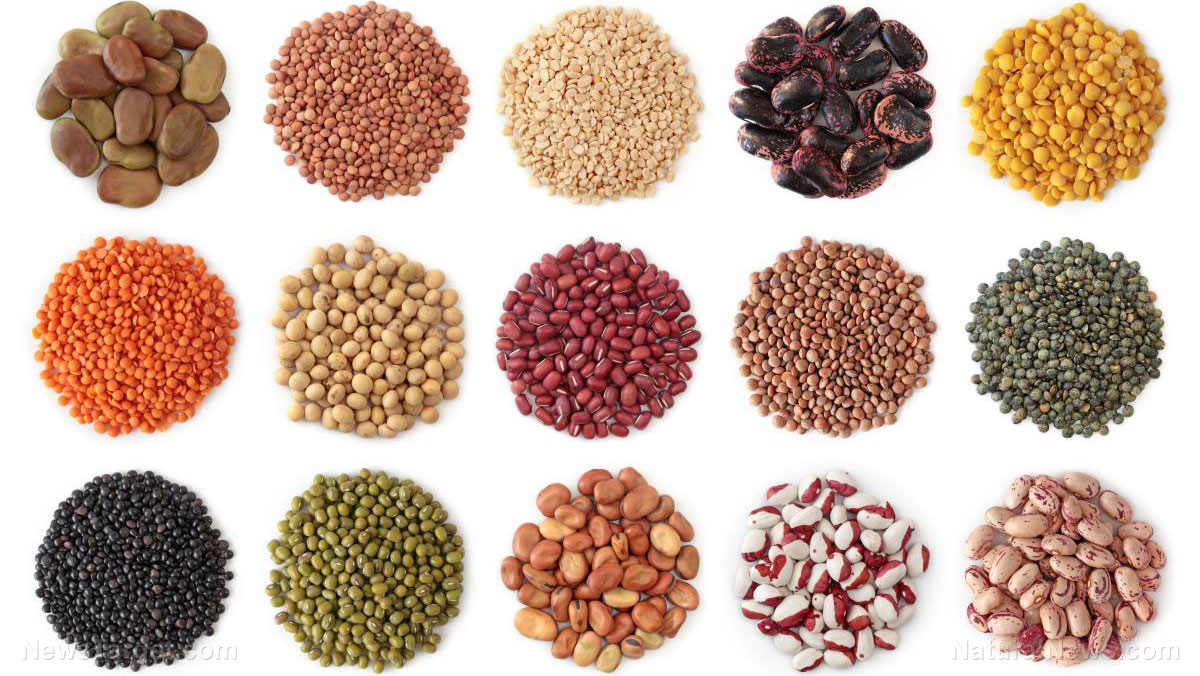Sliced or diced, they’re good for you: 10 Health benefits of beets
09/07/2019 / By Zoey Sky

Red beets may be an acquired taste, but there’s no denying that these nutritious root vegetables offer many health benefits. Whether you add them to smoothies or savory dishes, beets offer various benefits, such as improving your digestion and boosting heart health.
Beets (Beta vulgaris) are root vegetables that look like turnips. They have rough outer skins that cover their roots, plus long green stems and leaves.
Cutting beets produces a red juice that could stain your hand. This pigment is used as a natural alternative to commercial food colorings and is often used in food products like candy, jams, and plant-based burgers.
Phytonutrients called betalains are responsible for beets’ bright red hue. Betanin and vulgaxanthin, two of the most popular betalains, possess incredible anti-inflammatory, antioxidant, and anti-cancer properties.
The nutritional profile of beets
Beetroots contain the following vitamins and minerals:
- Copper – Copper can boost the immune system. It’s also essential for the creation of red blood cells and the production of energy.
- Folate – Folate helps prevent neural tube defects in infants and is crucial for DNA synthesis. Folate also helps lower your risk of developing cancer, depression, and heart disease.
- Manganese – Manganese is essential for various bodily processes like metabolism and wound healing. It also promotes bone health.
- Potassium – Following a diet rich in potassium helps reduce blood pressure levels and improves heart health.
- Vitamin C – Vitamin C is an antioxidant that boosts immunity and promotes skin health.
Here are 10 reasons to add more beets to your diet.
Beets can improve your athletic performance.
Endurance athletes consume beetroot juice to boost their performance. The juice improves oxygen flow, ensuring that the athletes’ hearts and lungs don’t need to work too hard during vigorous activities.
For best results, research suggests drinking beetroot juice at least 90 minutes before you exercise. (Related: Perform better mentally AND physically with beets.)
Beets are anti-inflammatory.
Inflammation is linked to certain health conditions like cancer, heart disease, and obesity.
Betalains help minimize inflammation by inhibiting the inflammatory signaling process.
Beets can improve your digestion.
Fiber-rich beets are good for your gut health.
The fiber content of beets isn’t digested in your stomach and small intestine. Instead, beet fiber travels to the colon and “good” gut bacteria ferment it and use it for food.
Fiber is a good source of roughage, which moves food through the intestines. Consuming fiber-rich foods prevents health problems like acid reflux, colon cancer, constipation, hemorrhoids, and obesity.
Beets improve brain health.
An interruption in nitric oxide pathways is linked to various cognitive diseases. Nitrates in beets boost brain function by improving oxygen flow.
Beets boost heart health.
Vegetables like beets, carrots, and spinach are full of compounds called nitrates.
Nitrates are converted into nitric oxide inside the body. Nitric oxide helps open up blood vessels, which then lowers blood pressure and heart rate. Beets and other plants that are naturally rich in nitrates are also full of vitamin C.
In a study published in the journal Hypertension, researchers found that consuming at least one cup of beetroot juice daily for four weeks helps lower blood pressure.
Beets have anti-cancer properties.
The antioxidant properties of beets can protect cells from free radical damage.
Betanin from beets is believed to have anti-cancer properties. Research suggests that beet extracts can be used in chemotherapy.
Beets strengthen your immune system.
Beets are rich in vitamins and minerals that boost immune health. These nutrients include copper, zinc, and vitamins A and C.
Beets are good for eye health.
Beets, along with fruits and vegetables that are full of beneficial pigments, are good for your eye health.
Beets contain lutein and zeaxanthin. These two pigments are often studied because they can boost eye health. Lutein and zeaxanthin also help slow the progression of age-related macular degeneration.
Beets keep your liver healthy.
Beets contain antioxidants, betaine, iron, and vitamin B, which are nutrients that boost liver health.
Beetroot can also protect the liver from oxidative damage and inflammation. Betaine helps the liver get rid of toxins while betalains promote detoxification.
Beets can improve your sex drive.
Beets are full of boron, a mineral essential for sex hormone production. According to studies, beet juice can help address erectile dysfunction.
Add superfoods like beets to your diet to enjoy their many benefits, such as boosting your digestion, immunity, and heart health.
Sources include:
Tagged Under:
RECENT NEWS & ARTICLES
COPYRIGHT © 2017 SUPERFOODS NEWS


